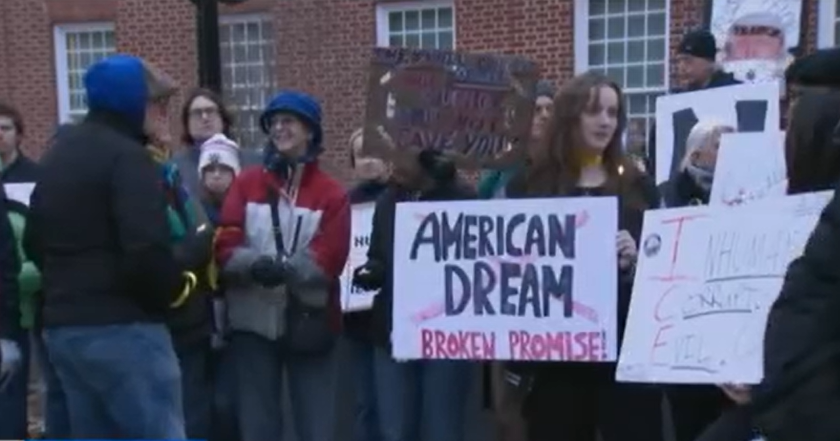Could Minnesota make daylight saving time permanent? Yes, if Congress acts
MINNEAPOLIS -- Daylight saving time ends on Sunday. It means we'll have to set our clocks back an hour and lose an hour of sunlight in the evening. This might not always be the case in the future.
In March, the U.S. Senate unanimously passed the Sunshine Protection Act, which would make daylight saving permanent beginning next November.
RELATED: Good Question: Why Do We Practice Daylight Saving Time?
While passed in the Senate, the bill never came up for a vote in the House. The bill needs to pass the House and be signed into law by President Joe Biden to take effect.
Over the summer, the Democratic chair of the House Energy and Commerce Committee told "The Hill" they had other priorities.
It would have given us an extra hour of daylight in the evening year-round starting next year.
It's still not clear what will end up happening with the measure, but for the moment, it is not law.
What about Minnesota?
Here in Minnesota, there is a law on the books that would make daylight saving permanent if Congress acts. It was passed last year.
RELATED: Permanent daylight saving time would reduce deer collisions, study finds
With certain exceptions, federal law prohibits states from acting on their own. One analysis shows 19 states have passed similar "trigger" laws for daylight saving.
According to a poll conducted by Monmouth University, 6 in 10 Americans said they preferred making daylight saving permanent.
The majority of the U.S. currently moves its clocks forward an hour in the second weekend of March and turns them back the first weekend of November. The federal government last extended that period by four weeks in 2007.








